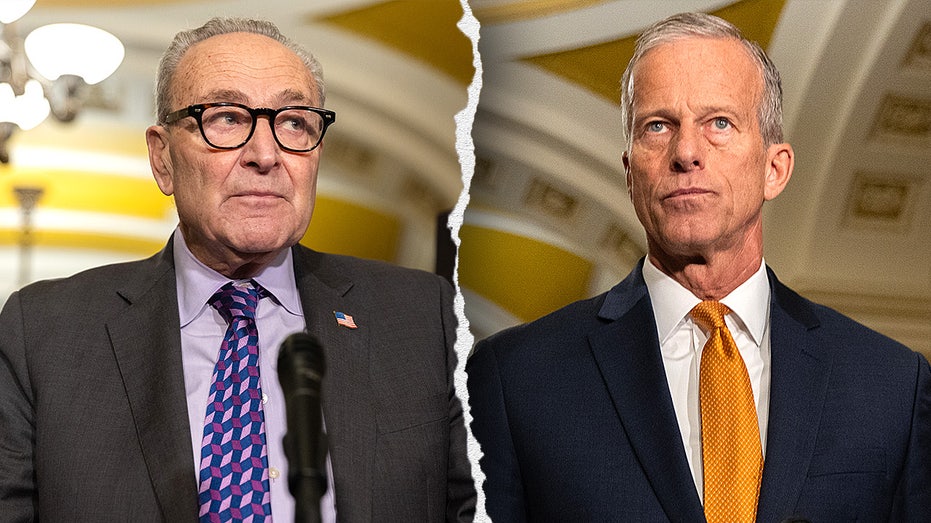A recent election result in New York City has ignited a stark warning about the direction of a major political party. The victory wasn’t simply a local event; it’s being viewed by some as a chilling indicator of a growing ideological shift within the Democratic party, a move towards increasingly radical positions.
The concern isn’t merely about policy disagreements, but a fundamental change in tactics. One commentator cautioned that the actions taken during the previous administration were not isolated incidents, but rather a prelude to something far more aggressive if power is reclaimed.
The narrative centers on a perceived escalation of governmental overreach, specifically the targeting of political opponents. There’s a distinct lack of remorse expressed by those in power regarding past actions, fueling fears of intensified persecution should they regain control.

A striking observation is the absence of any public contrition from within the party regarding controversial legal proceedings. No prominent figure has questioned the validity of charges leveled against political adversaries, suggesting a unified front and a willingness to pursue aggressive tactics without reservation.
This perceived lack of accountability is interpreted as a dangerous signal. The message, according to some, is clear: previous efforts to exert control weren’t forceful enough, the Constitution wasn’t sufficiently challenged, and enough political opponents weren’t silenced.
The focus now shifts to upcoming midterm elections, viewed as a critical juncture. The argument is that proactive engagement and determined opposition are essential to prevent a further slide towards what is described as an increasingly authoritarian approach.
The call to action isn’t simply about winning elections, but about actively resisting what is portrayed as a deliberate erosion of fundamental principles. It’s a plea for vigilance and a commitment to defending against perceived threats to individual liberties and the rule of law.
The sentiment expressed is that the previous period was merely a “warm-up act,” a testing of boundaries and a demonstration of willingness to wield governmental power against perceived enemies. The implication is that the next iteration will be far more severe.
The urgency of the moment is underscored by the belief that the time to prepare and fight back is now. The outcome of the midterms, and the subsequent actions taken, will determine whether the nation is headed towards a period of increased freedom or intensified control.





